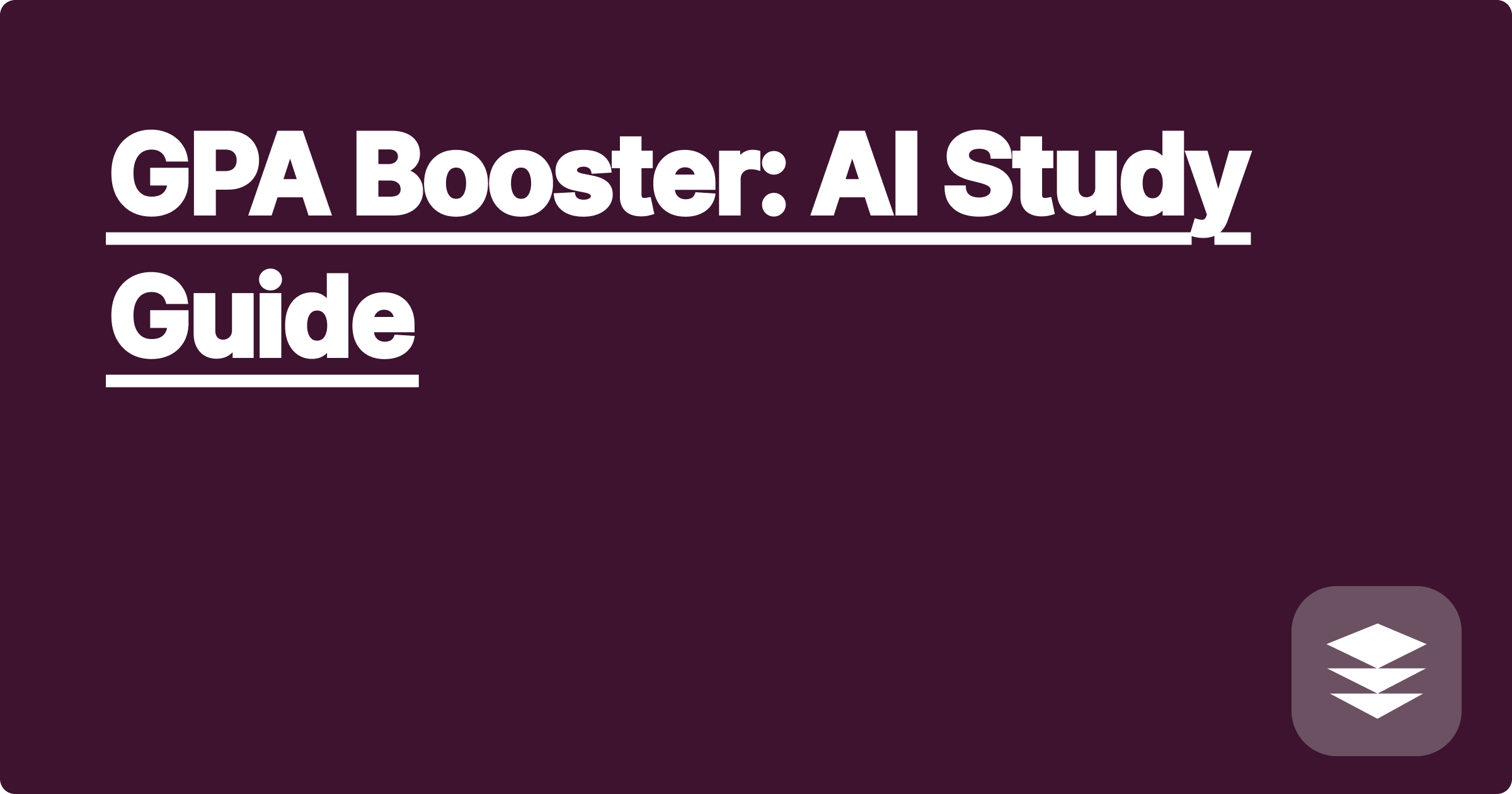
The demanding nature of STEM fields presents a unique challenge for students and researchers. Juggling complex concepts, rigorous coursework, and extensive research demands efficient and effective study habits. Fortunately, the rise of artificial intelligence offers powerful new tools to navigate these academic hurdles. AI can personalize learning, streamline research, and ultimately boost academic performance, opening up exciting possibilities for STEM scholars.
This matters significantly for STEM students and researchers because success in these fields often hinges on a deep understanding of complex material and the ability to apply that knowledge effectively. Traditional study methods can be time-consuming and may not always cater to individual learning styles. AI-powered study tools offer a personalized and adaptive approach, allowing students to focus on their specific areas of weakness and learn at their own pace. For researchers, AI can accelerate literature reviews, assist with data analysis, and even contribute to the generation of new hypotheses, significantly enhancing productivity and innovation.
STEM education and research are characterized by a high volume of information, intricate theories, and demanding problem-solving tasks. Students often struggle to keep up with the pace of coursework, synthesize information from multiple sources, and effectively apply theoretical concepts to practical problems. Similarly, researchers face challenges in managing vast datasets, staying abreast of the latest advancements in their field, and efficiently extracting insights from complex research papers. This information overload can lead to decreased comprehension, inefficient study habits, and ultimately, a negative impact on academic performance and research output. The traditional, linear approach to learning and research often falls short in addressing these multifaceted challenges.
AI-powered study tools offer a transformative solution to these challenges. Platforms like ChatGPT, Claude, and Wolfram Alpha can be leveraged to create personalized study guides, generate practice questions, explain complex concepts, and even assist with coding and problem-solving. These tools utilize natural language processing and machine learning algorithms to understand user queries and provide tailored responses. For example, a student struggling with a particular physics concept can ask ChatGPT to explain it in simpler terms or provide relevant examples. Researchers can use Wolfram Alpha to perform complex calculations, analyze data, and explore scientific literature. By integrating these AI tools into their workflow, STEM students and researchers can significantly enhance their learning and research processes.
Begin by identifying the specific areas where you need assistance. This could be a challenging concept in your textbook, a complex research paper you need to understand, or a coding problem you're struggling to solve. Next, choose the appropriate AI tool for the task. For conceptual explanations and generating study materials, ChatGPT or Claude are excellent choices. For complex calculations, data analysis, and accessing scientific knowledge, Wolfram Alpha is a powerful tool. Formulate your query clearly and concisely, providing the AI tool with the necessary context and information. For example, if you're using ChatGPT to explain a concept, provide the specific term and any relevant equations or context. If you're using Wolfram Alpha for a calculation, ensure you input the correct formula and variables. Review the AI's response carefully, ensuring it aligns with your understanding and addresses your specific needs. If necessary, refine your query or ask follow-up questions to gain a deeper understanding. Finally, integrate the information or solution provided by the AI into your study or research workflow. This might involve incorporating the explanation into your notes, using the generated practice questions to test your understanding, or applying the calculated results to your research analysis.
Consider a student studying chemical equilibrium. They could use ChatGPT to explain Le Chatelier's principle, asking for specific examples and scenarios. ChatGPT could then provide a detailed explanation of the principle and illustrate its application with examples like the Haber-Bosch process. A researcher investigating the properties of a new material could use Wolfram Alpha to calculate its density given its mass and volume. They could input the formula density = mass/volume, along with the measured values, and Wolfram Alpha would instantly provide the calculated density. Another example involves a student struggling with a Python coding assignment. They could describe the problem to ChatGPT and ask for assistance with the code. ChatGPT could then generate a code snippet, explain its logic, and even suggest improvements for efficiency.
To maximize the benefits of AI in STEM education and research, it's crucial to use these tools strategically. Don't rely solely on AI for learning; instead, use it as a supplement to traditional study methods. Actively engage with the material, asking clarifying questions and testing your understanding. Experiment with different AI tools to find the ones that best suit your learning style and research needs. Be mindful of the limitations of AI, recognizing that these tools are not infallible and should be used critically. Always verify information obtained from AI sources with reputable textbooks or academic publications. By combining the power of AI with effective study habits and critical thinking, you can unlock your full academic potential.
In conclusion, AI-powered study tools offer a transformative approach to learning and research in STEM fields. By understanding the capabilities and limitations of these tools and integrating them strategically into your workflow, you can overcome academic challenges, enhance your understanding of complex concepts, and boost your overall academic performance. Start exploring these powerful tools today and discover how they can revolutionize your STEM journey.
Physics Help: AI Problem Solver
Engineering AI: Design Optimization
STEM Success: AI Learning Tools
Data Science AI: Analysis Boost